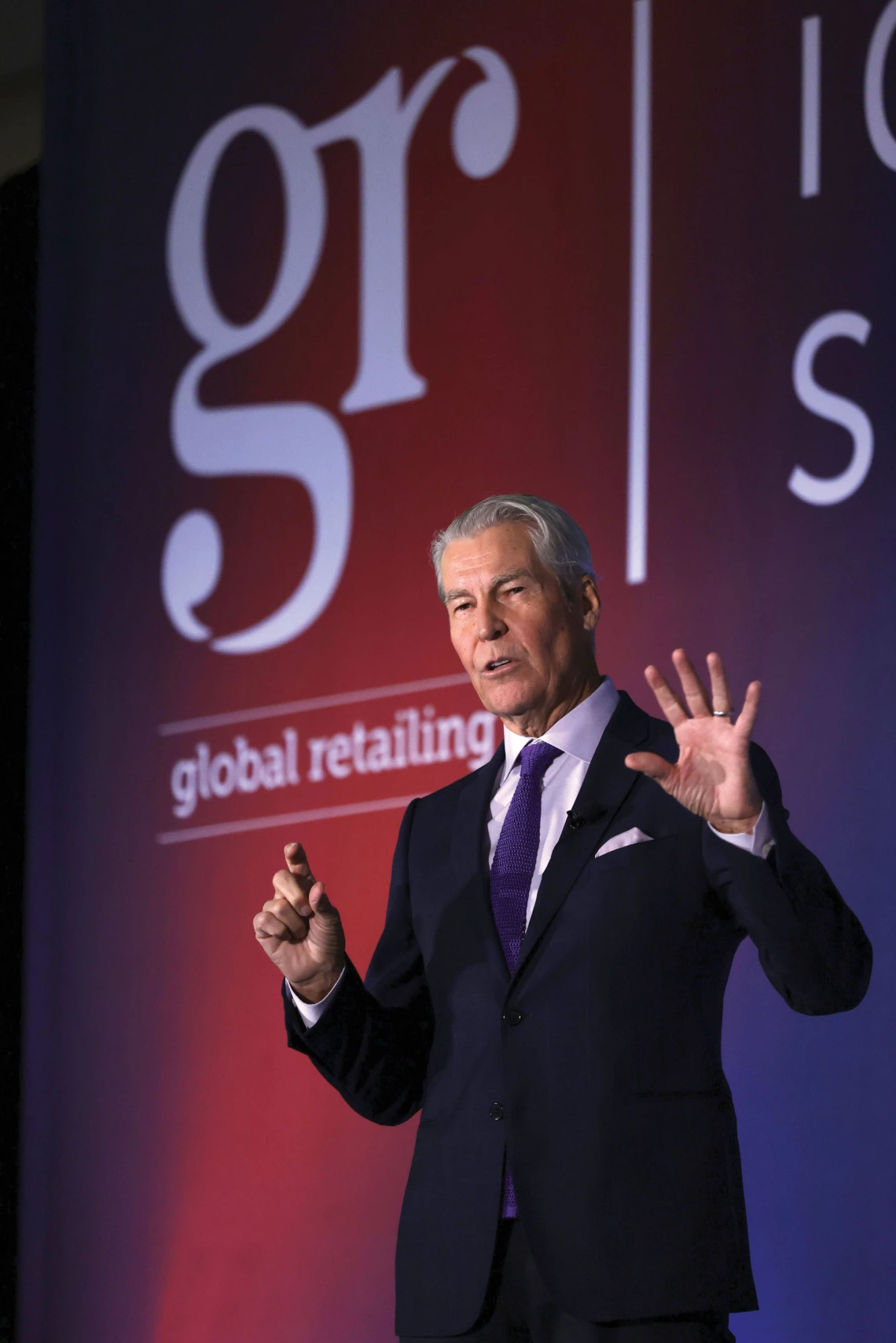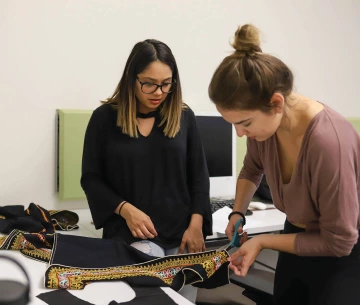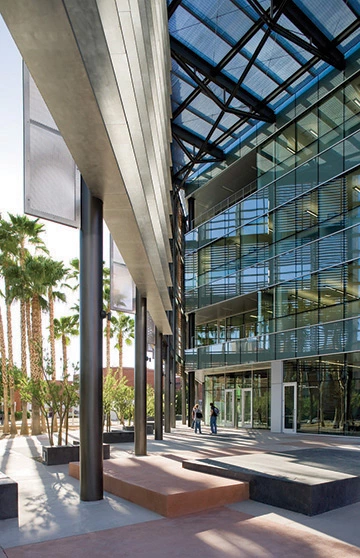$5M gift to revolutionize retail, establish virtual reality learning lab at UArizona

The contribution from University of Arizona alumnus Terry J. Lundgren and his wife, Tina, will fund collaborative research and education opportunities to provide innovative solutions to the retail challenges of the future.
Supply chain woes, environmental sustainability, automation, information security, workforce retention, and talent recruitment – these are just a handful of the issues facing the retail sector today. To address these and future retail challenges, a $5 million gift from Terry and Tina Lundgren will fuel innovative research and student opportunities in business, retail, and consumer sciences at the University of Arizona.
The gift establishes an endowed faculty chair in both the Eller College of Management and the Norton School to help meet the industry’s demand for graduates who embrace change and spark innovation in retailing companies of all sizes. It will also provide enhanced scholarship opportunities for community college transfer students.
“I had to work full time and go to school full time. I was the only one out of six kids who went to college. I was desperate to figure out how to graduate because I wanted a better life. I wanted more opportunities,” Lundgren said. “There are young people in community college in the same exact situation. If we just give them the opportunity, they will exceed everyone’s expectations.”
Lundgren, who retired as executive chairman of Macy’s, Inc., in 2018, served as the retail company’s CEO for 14 years. Recognized as a global leader both in stores and online, Lundgren also twice served as chairman of the National Retail Federation, the industry’s leading voice. He is a longtime supporter of the university’s retailing program and helped establish the Terry J. Lundgren Center for Retailing, housed in the College of Agriculture, Life and Environmental Sciences Norton School of Human Ecology.
“Terry’s success and ongoing support have put the University of Arizona on the map as a destination for students who hope to work in retailing, and as a talent pipeline for the top brands who join us every year for the Global Retailing Ideas Summit,” said university President Robert C. Robbins. “This new gift from Terry and Tina is pivotal to the future of a changing industry, and I am so grateful for their longstanding partnership.”

The gift comes at a good time for the retailing program, said Lance Erickson, a consumer psychologist and associate professor of practice in the Norton School of Human Ecology.
“In the last couple years, we’ve really refreshed the curriculum, rethinking where retailing is and where it’s moving to in the future,” Erickson said. “The pandemic revealed so many changes, in terms of how retailers incorporate new technologies and pivot to deliver necessary services. This gift allows us to be at the forefront of cutting-edge technology.”
Part of the Lundgrens’ contribution will be used to create a retail learning laboratory, equipped with the latest in virtual reality technology, eye-tracking and heat-sensing software, cameras, and display hardware to allow students to get hands-on practice in a variety of retailing scenarios.

“Biology students have labs where they can practice their craft and perform experiments to learn about biological processes. Retailing students need to be able to do the exact same thing,” said Laura Scaramella, head of the Norton School of Human Ecology. “If students are working on product display, they can actually set up a shop, create virtual product, use different display strategies and then use eye-tracking software to track where people are visually attending.”
The retailing laboratory will also allow retail and marketing researchers to study consumer behaviors, perceptions and technological adoption.
In addition, the Lundgrens’ contribution will fund collaborative research to identify and address other emerging and future retail challenges. The newly established Lundgren Retail Collaborative has issued an open call for proposals from researchers across scientific disciplines to answer the question: What are the big hurdles retailers and companies should be addressing now to better prepare for the future?
Business and consumer science students will play a role in the collaborative’s research efforts as well. Each year, students will be encouraged to apply for fellowship opportunities and form teams encompassing any variety of fields of study – such as fashion, fine art, engineering, psychology or information technology – to address the issues facing the retail sector.
Selected student teams will be provided with mentorships, professional development training, and the opportunity to present their solutions to top-level industry professionals as part of the annual Global Retailing Ideas Summits.

